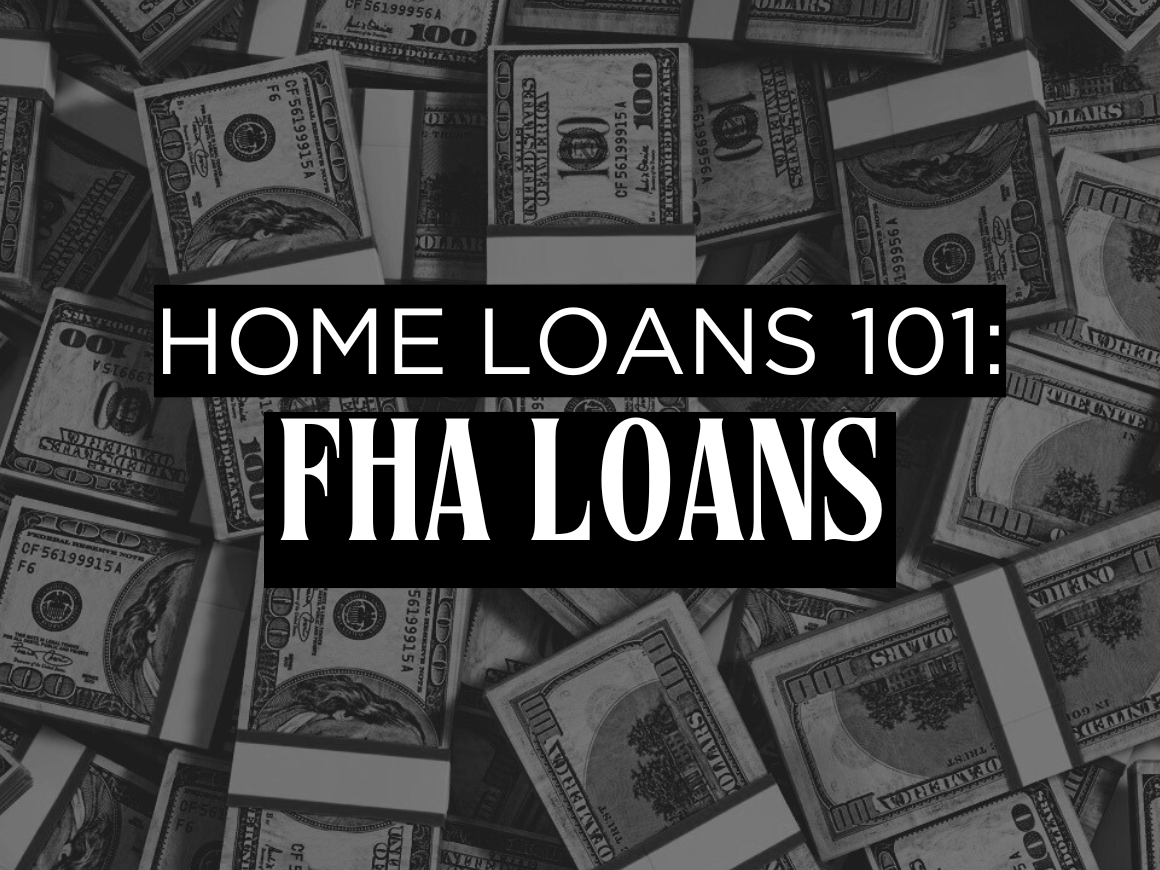Understanding FHA Loans: How to Put 3.5% Down On Your First Home
If you’re looking to buy a home but don’t have a perfect credit score or a large down payment, an FHA loan might be the key to homeownership for you. Backed by the Federal Housing Administration (FHA), these loans are designed to make home buying more accessible, especially for first-time buyers.
What Is an FHA Loan?
An FHA loan is a government-backed mortgage that allows borrowers to qualify with lower credit scores and smaller down payments than conventional loans. These loans are insured by the FHA, meaning that if a borrower defaults, the government helps cover the lender’s loss. This makes lenders more willing to offer loans to people who might not meet the strict requirements of a conventional mortgage.
Analogy: The Safety Net for Homebuyers
Think of an FHA loan like a safety net at a circus. If a performer (the homebuyer) falls, the net (FHA insurance) catches them, reducing the risk of injury (financial loss) to both the performer and the circus (the lender). Because of this safety net, the circus is more willing to let newer performers take risks, just as lenders are more willing to approve borrowers with lower credit scores or smaller down payments.
How Does an FHA Loan Work?
Low Down Payment Requirement – You can put down as little as 3.5% of the home’s purchase price if you have a credit score of 580 or higher. If your score is between 500-579, you’ll need at least 10% down.
Mortgage Insurance – FHA loans require both an upfront mortgage insurance premium (UFMIP) and an annual mortgage insurance premium (MIP), which protects lenders in case of default.
Flexible Credit Requirements – FHA loans are more forgiving of lower credit scores and past financial issues like bankruptcy or foreclosure.
Debt-to-Income Ratio (DTI) Flexibility – You may qualify even with a higher debt load compared to conventional loan standards.
Pros of an FHA Loan
✅ Lower Down Payment – A 3.5% down payment makes homeownership possible for those with limited savings.
✅ Easier Credit Qualifications – Borrowers with lower credit scores may still qualify.
✅ More Lenient Debt-to-Income Ratios – You may qualify even if you have other significant debts.
✅ Assumable Loan – If you sell your home, the buyer may be able to take over your FHA loan, potentially with a lower interest rate.
✅ Competitive Interest Rates – FHA loans often have lower interest rates than conventional loans for similar credit profiles.
Cons of an FHA Loan
❌ Mortgage Insurance Costs – You’ll pay both an upfront and an ongoing mortgage insurance premium, which increases your monthly payment.
❌ Property Requirements – FHA loans have strict guidelines for the condition of the home, which could limit your choices.
❌ Loan Limits – FHA loans have a cap on how much you can borrow, which varies by location.
❌ Not Ideal for High-Credit Borrowers – If you have excellent credit and a large down payment, a conventional loan may offer better terms without mortgage insurance.
Things People Might Not Realize About FHA Loans
You Can Use Gift Money for Your Down Payment – FHA loans allow family members to contribute to your down payment, making homeownership even more attainable.
FHA Loans Aren’t Just for First-Time Buyers – While they are popular with first-timers, repeat buyers can also qualify.
They Can Be Used for Multi-Unit Homes – FHA loans can be used to purchase properties with up to four units, as long as the borrower lives in one of them.
Refinancing Options Exist – FHA loans offer streamlined refinancing options that can make it easier to lower your interest rate without extensive paperwork.
Is an FHA Loan Right for You?
An FHA loan can be a great choice if you have limited savings or a lower credit score, but it’s important to weigh the costs of mortgage insurance and property restrictions. If you’re unsure, speaking with a mortgage professional can help you determine whether an FHA loan or another type of financing is the best fit for your situation.
Final Thoughts
FHA loans open the door to homeownership for millions of Americans by lowering barriers to entry. Whether you’re a first-time buyer or someone re-entering the market, understanding how FHA loans work can help you make an informed decision. As with any mortgage, it’s essential to assess your long-term financial goals and explore all available options before committing.
